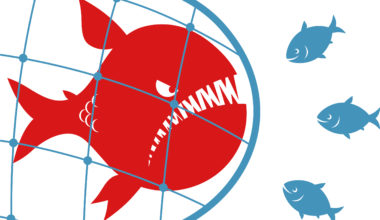The Post-Settlement Settlement is a golden negotiating tactic that provides negotiators a chance to improve every deal, without risking the original deal terms. This concept was originally discussed in a Harvard Business Review article titled “Uncover Hidden Value with a Post-settlement Settlement,” and is taught in business school negotiating classes. Even though it is a prevalent idea, I have never heard any negotiator use it. The Post-Settlement Settlement (or PSS as we’ll call it for simplicity) allows negotiators to draw additional value from negotiation by finalizing a deal and then asking the other side if there are ways to improve the deal for their side, without compromising the deal that is already in agreement. Here is an example:
Setting the scene: after several hours of tough negotiating between Software Company-X and Buyer-Y, the two representatives come to an agreement on terms.
Company-X Rep: “So we are in agreement that we have a deal?”
Buyer-Y: “Yes, we can agree to all of these terms. You can go ahead and begin writing up the deal.”
Company-X Rep: “Wonderful. With the understanding that the original deal stands unless we both agree to revise it, Is there anything I can do to make this deal better for you?”
Buyer-Y: “……..no one has ever asked me that before, are you a Jedi?”
The magic of this tactic is you may discover new areas for value creation with no risk to the already established deal. The buyer might come back and say “yes, actually, our CFO prefers to pay 100% upfront, instead of NET-45, is that possible?” A common negotiating tactic is to pretend that certain contract terms are tremendously important when they are trivial, and seek to get a concession on an actually important term by moving the needle on the trivial terms. With a PSS, both sides can finally lower their defenses and have an honest conversation about what’s truly important to their side, and identify areas where value can be improved for everyone. Worst case, you find no additional value, and you walk away with the original deal that you negotiated. Best case, you find areas of tremendous value and both sides end up in a better position. Everyone wins!


